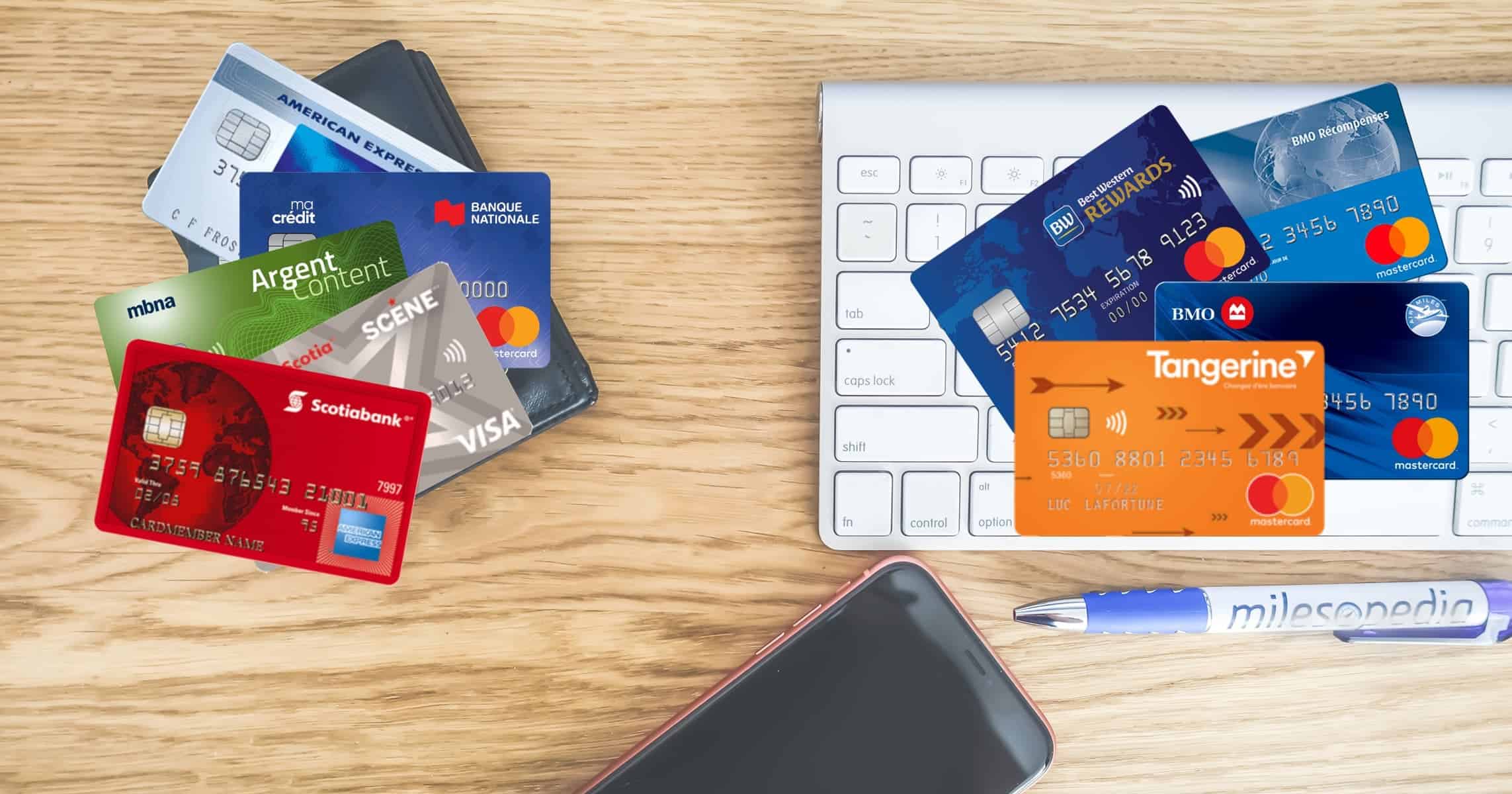Applying for a credit card for the first time can be intimidating if you’re new to the process. Applying for credit cards is actually a lot easier than you might imagine.
Knowing what actions to take and what to expect might help you get through the process of applying for your first credit card.
Check Your Credit Report and Score
It’s helpful to know what credit card providers look for in candidates before applying for one. While credit card companies consider your salary and monthly housing payment, your credit scores are given the most weight when making credit decisions.
Before applying for a credit card, you need to check your credit score to see which ones have the best chance of approval. Some credit card providers, for example, distinguish between cards geared for persons with fair, good, or excellent credit.
Your credit report has the following information which contributes to your credit score:
- Your payment history
- Your credit age
- Your credit utilization
- How often do you apply for new credit
You can examine your credit report from all the major credit bureaus for free. When reviewing your credit reports, look for any inaccuracies or errors that could negatively impact your score. If you find an error, consider disputing it with the credit bureau that is reporting the information.
Determine Which Card You Want to Apply For
After researching and comparing the various available credit cards, your next step is to choose which credit card you want to apply for.
Ask yourself these questions to help you make the right choice for yourself:
- Will you use it for day-to-day purchases or travel?
- Are you going to pay off your debt in full or maintain a balance from month to month?
- Do you want to earn points and rewards for your purchases?
- Are you willing to pay an annual fee?
- Are you searching for a credit card with a low-interest rate and a low annual percentage rate (APR) on balance transfers or your purchases?
- What more card features or benefits would you like?
Asking yourself these questions can help you scale down your choices. If you are still new to credit or rebuilding bad credit history, you should consider a secured card.
A cash deposit is required to open a secured credit card, which may double your credit limit. Depending on who the card issuer is, you may be qualified to convert to an unsecured card after many months of responsible use. If you’re still new to credit, a retail store card may be a better option because they’re easier to get approved for than ordinary credit cards.
Retail store cards may provide upfront discounts or perks to tempt you to apply. Still, they often have significantly higher annual percentage rates (APRs) than conventional credit cards, making carrying a balance more costly.
Complete the Credit Card Application
It’s a straightforward process to apply for a credit card. All you need to do is got the credit card company’s website and complete the online application. Several card issuers will give an approval decision within a few minutes after applying. If you are a student, it’s a great idead to see if you can apply for your first credit card!
The card issuer will request information from you while you complete the credit card application, so keep this information close by:
- Your name
- Your date of birth
- Your social insurance number (SIN)
- Your mother’s maiden name
- Do you rent or own your home, and what’s your monthly housing payment
- Your employment status
- Your income
- Your personal contact information, which will include your address, phone number, and email address
Credit card companies use your social insurance number to check your credit, resulting in a hard inquiry. Because hard inquiries might drop your credit score by a few points, you should limit the number of credit cards you apply for.
Once your application is submitted, the credit card provider will examine your information and grant or reject your request. If you’re approved, all you have to do is wait for the physical card to arrive in the mail. Your credit card company may inform you of your new card’s credit limit instantly and/or give you a digital card number that can be used to make online purchases temporarily.
What You Must Do if You're Denied
The reason for being denied a credit card can be the result of several reasons. You could be rejected because you have a history of late payments and a low credit score, or you are young and don’t have credit yet.
If you’ve been denied a credit card, you can directly contact the credit card provider and request a reconsideration. You’d have to show that you’re a strong candidate for a credit card based on your ability to manage credit responsibly and make your monthly payments on time.
If requesting a reconsideration proves futile, there are other options for obtaining a credit card. For example, you may ask somebody to apply for a card with you as a co-borrower or add you to one of their cards as an authorized user. Both can help you establish credit and provide you with purchasing power.
However, there is a substantial distinction to be aware of between the two. When applying for a joint credit card, you agree to share responsibility for any debt incurred on the card. You can make transactions with the card as an authorized user, but you are not accountable for the debt.
It’s vital that you’re aware of the following:
When applying for a shared credit card, a hard inquiry is done against your credit, but not when you get added as an authorized user.
Conclusion
Online applications have made applying for a credit card online and getting immediate approval easier. If you’ve been authorized for a credit card, concentrate on forming positive habits while using it, such as keeping your balances low and always paying your bills on time.
Those practices can help you create a strong credit score over time, which is necessary for getting authorized for other lines of credit and obtaining favorable interest rates.







